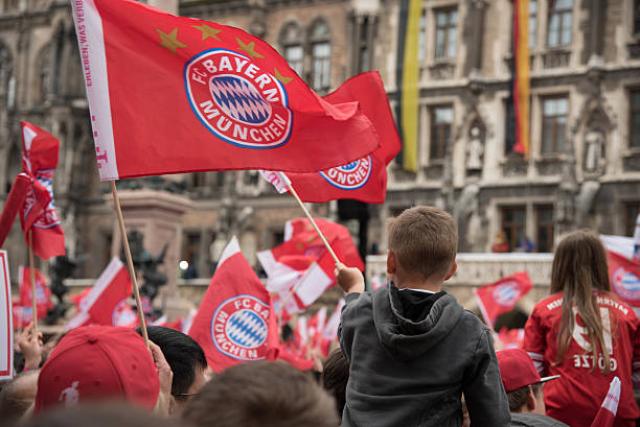

Advertisement
German football culture has long maintained a relationship with gambling, both offline and online. Stadium chants, community rituals and fantasy leagues have historically carried an undertone of wagering. Traditional bookmaker shops once stood as landmarks near football grounds, serving as pre-match gathering spots for fans. As online platforms gained prominence, betting transitioned from a local ritual to a digital engagement. In this transformation, online gambling became more accessible, diverse and data-driven, radically altering how fans interact with their clubs and each other.
The Rise of Digital Betting Platforms in Germany
The legalisation and regulation of online gambling in Germany – formalised through the State Treaty on Gambling 2021 – created a structured framework for digital platforms to operate. With the introduction of licensing systems, online bookmakers became integral to the fan experience. Promotional banners during Bundesliga matches, sponsorships on kits and pre-match betting odds presented on television broadcasts illustrate the tight integration between gambling operators and the sport. This relationship reflects a wider European trend, but in Germany, it also intersects deeply with the idea of belonging to a footballing tribe.
Crypto Integration and Fan Choices
The increasing popularity of blockchain technology has influenced how fans participate in the gambling ecosystem. Platforms accepting digital currencies have opened new channels of interaction, catering to users interested in financial privacy and decentralised systems. Among these innovations, the emergence of different types of crypto casinos has attracted interest, particularly among younger demographics. Some of these platforms focus solely on sports betting while others incorporate casino games, eSports and virtual football leagues. The German market has responded cautiously, balancing enthusiasm for innovation with concerns about financial regulation and consumer protection.
Community, Identity, and Loyalty
Online gambling platforms have become part of how fans express loyalty to clubs and local identity. Placing a bet on a hometown team, even during a losing streak, can signify solidarity rather than a purely financial wager. Meanwhile, fan forums and social media discussions often feature betting tips and predictions, blurring the line between fandom and financial engagement. This merging of community and wagering practices reflects a broader shift in how loyalty is enacted. Gambling, in this context, becomes a ritualised part of supporting the team, regardless of match outcomes.
Sponsorships and Ethical Debates
As gambling brands have increased their visibility through sponsorships, ethical concerns have emerged within the footballing community. Critics argue that such partnerships risk commercialising fan spaces and promoting addictive behaviours. Supporters of these deals highlight the financial benefits, particularly for lower-tier clubs seeking stability. In Germany, where club ownership models (like the 50+1 rule) prioritise fan control, this debate takes on a unique dimension. However, sponsorships from online gambling firms challenge the balance between commercial viability and cultural integrity.
Regulatory Frameworks and Public Perception
Public policy in Germany remains focused on preventing gambling addiction and maintaining fairness in online betting environments. Licensing requirements mandate limits on advertising, deposit caps and tools for self-exclusion. While these rules aim to mitigate harm, their implementation has faced criticism for being either too restrictive or insufficient. Public perception remains divided; some view regulated platforms as safe extensions of football culture while others regard them as commercial intrusions. Ultimately, the tension between tradition and innovation continues to shape regulatory responses.
Media Narratives and Fan Discourse
The portrayal of betting in sports media plays a significant role in how gambling is perceived. Pundits referencing odds during match previews or betting platforms sponsoring podcasts reinforce the normalisation of gambling in football discourse. Meanwhile, German-language fan blogs and football analysis channels often include predictions or sponsored content from gambling companies. This presence governs how betting is discussed—not as a standalone activity but as part of the broader matchday experience. Moreover, the convergence of analysis and gambling also influences how fans assess team performance and tactical decisions.
A Complex Cultural Layer
Online gambling in German football represents more than just a revenue stream or a form of entertainment. It acts as a cultural layer that intersects with loyalty, community and digital transformation; whether through traditional bookmakers or newer types of crypto casinos, the act of betting reflects deeper patterns of belonging and identification. As football continues to digitise, the position of gambling will remain subject to scrutiny, shaped by unwinding technology, regulation and the voices of fans themselves. Ergo, Germany’s football terrain is not simply embracing online gambling – it is redefining its meaning within a complex social fabric.
Source link





